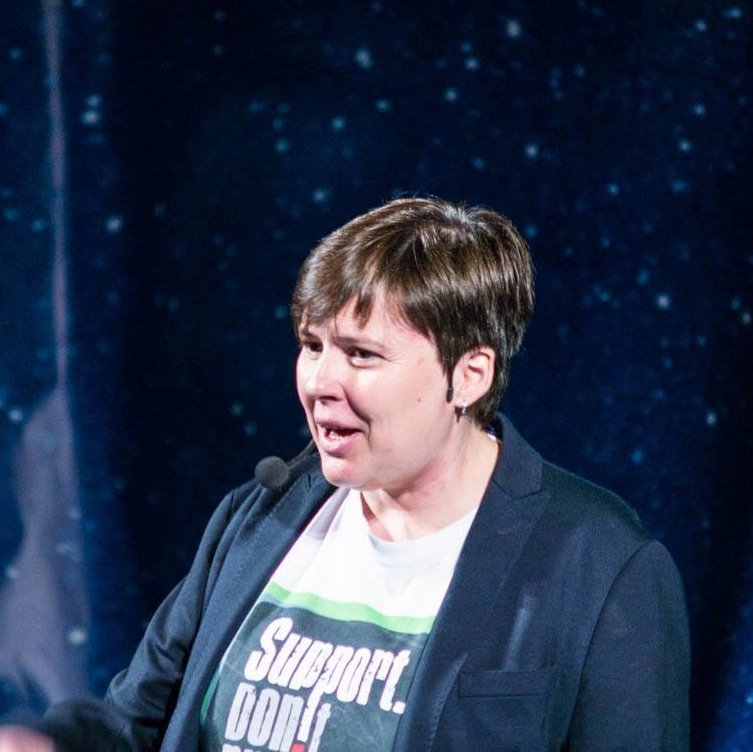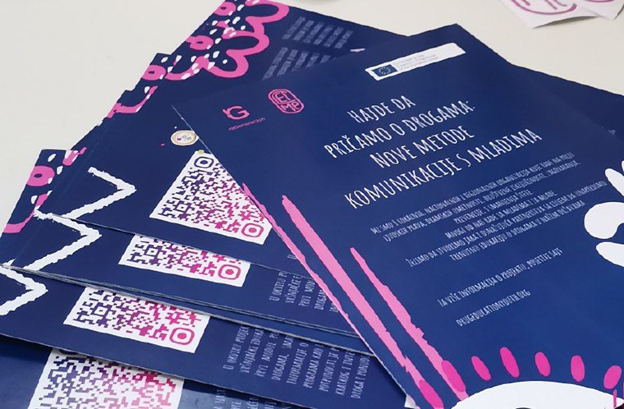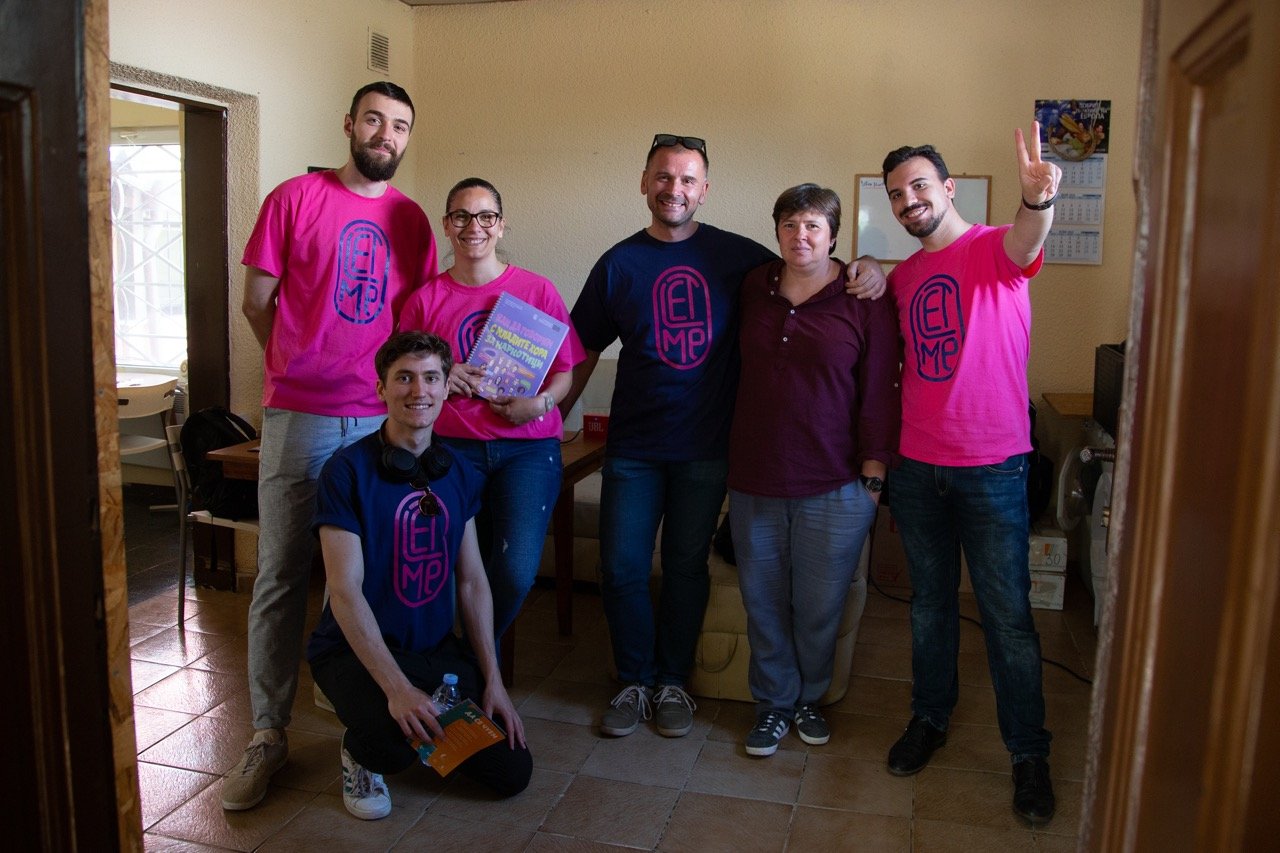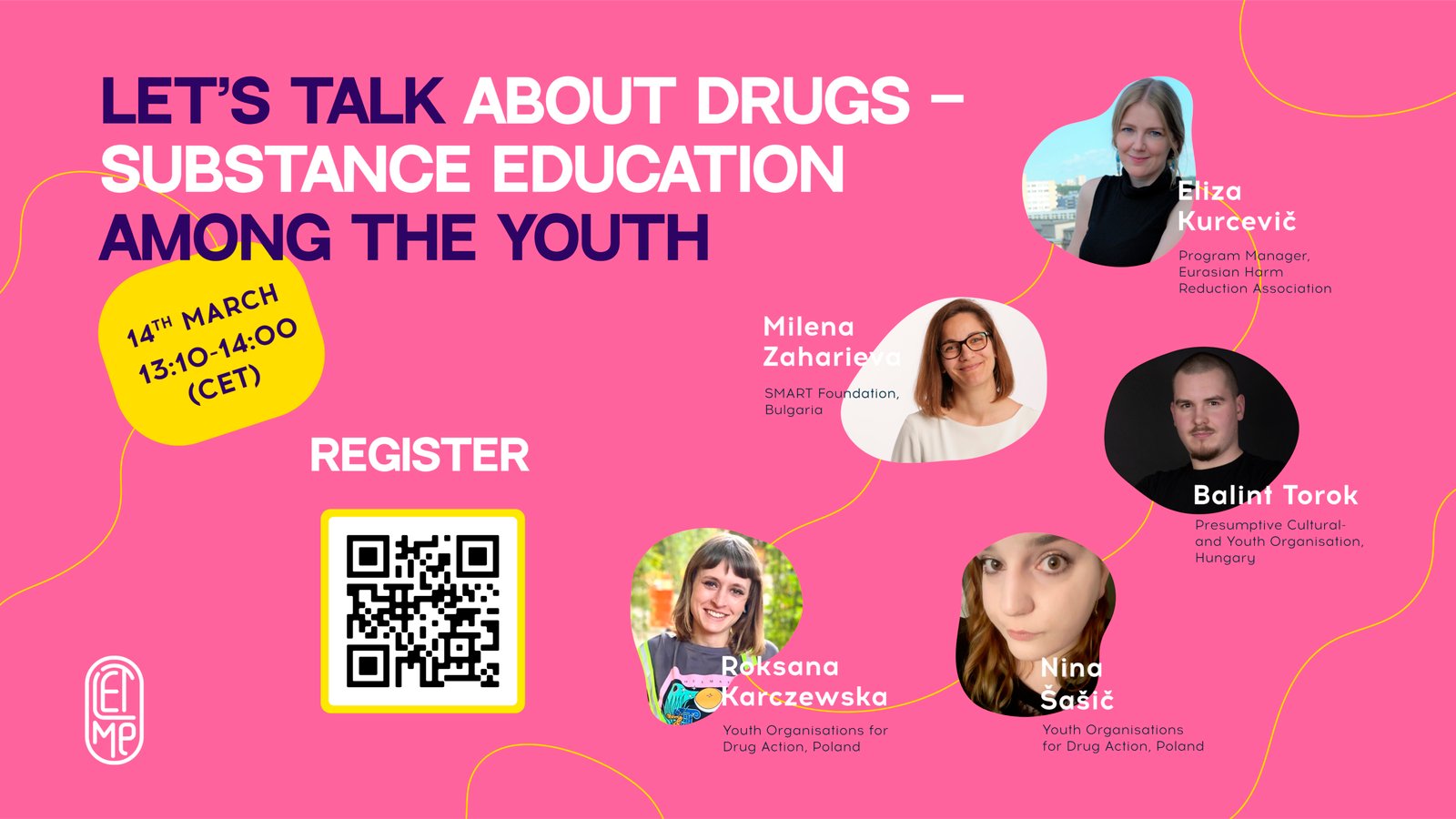Author: Yuliya Georgieva, Center for Humane Policy
I believe that everyone understands that drug prevention is a cornerstone of drug demand reduction. There is no person in the world who likes the idea that young people will start to use drugs or will become addicted. So, there are no doubts about how important drug use prevention is. And it is very significant to mention that drug prevention is a huge and very complicated area that uses its own tools and scientific approaches to ensure the success of prevention activities and to save and support young people when they are in need.
Bulgaria has a very rigid and hierarchical way to fight drugs. The national drug strategy includes two pillars for dealing with the problem – drug demand reduction and drug supply reduction. During the last 6 years, more than 90% of all funds were spent for reducing drug supply – mainly for a fight with drug traffic, with people who sell drugs, for prisons’ spending, etc.
The prevention of drug use among youth is part of the second pillar – drug demand reduction, which is very low-funded and covers also drug treatment, rehabilitation, early interventions, harm reduction activities, army prevention activities, drug use prevention in prisons, etc.
The national drug strategy has its own deficiencies but generally, most of the important issues are included and there are ministries and administrative units responsible for the effective strategy realization.
What happens in reality?
In Bulgaria, we have a huge state-funded network of 27 preventive-informational centers which covers whole territory of the country and is responsible to ensure prevention activities in schools. Although the funding for these structure has been doubled for the last 6-7 years, the data of the National Focal Point of Drugs shows us that regardless of the increase of registered preventive activities, the number of students who were covered by preventive activities decreased by around 60%. As well, 78% of the students who received any kind of prevention, received only general information about drugs. At the same time the data from the latest ESPAD survey released in 2020 shows that Bulgarian students up to 13 years of age state that the drugs in the country are very easily accessible. In comparison with 49 other countries in which study was conducted, Bulgarian pupils are reporting one of the highest rates of drug use.
Unfortunately, all these records show that the prevention in the country is something ghostly, something that has to be here but it doesn’t really exist.
Most of young people we spoke with during the preparation of the country analysis and during our everyday work, shared that they didn’t receive any kind of drug prevention except only one lesson in biology class. Only few of them received some prevention during the incidental visits of NGOs to the school and they appreciate it but say it’s not enough. Also, there are some activities of Police representatives who explain to young people how the repressive system works, showing them trained for drug finding dogs and pictures of the prisons inside. Another strange method of prevention was described in the annual reports of some of the prevention-information centers. It says that the trainings in schools were conducted by the volunteers of the centers, not by the experts. Almost all trainings in schools are focused to provide negative information about the risks of drug use, to ensure that young people will be scared for their lives and health and terrified how easy is to go to jail for drugs…
When we discussed all these measures with young people, their reaction was quite important – they made fun of it or became angry when talked to their friends with drug problem who had no idea how to deal with it or how to ask for help.
The good practices in school prevention in the world exclude all these approaches and affirm evidence-based approach, where the students should target improving academic and social-emotional learning to address risk factors for drug abuse, such as early aggression, academic failure, and school dropout. Education should focus on such skills as self-control; emotional awareness; communication; social problem-solving. Prevention programs for middle or junior high and high school students should increase academic and social competence with such skills as study habits and academic support; communication; peer relationships; self-efficacy and assertiveness, etc.
Unfortunately, in recent years the drug problem and effective care are not a priority to the Bulgarian government. A lot of goals identified in the previous 2014-2018 National drug strategy regarding the demand reduction was not executed. Even one of the main strategic goals of the Strategy, “Preparation of independent assessment for the implementation of the strategy and action plan” wasn’t done.
Maybe in the future this kind of document will be prepared and it can be the factor that will change the attitudes of the authorities that everything with drugs is fine in Bulgaria. Until then Bulgaria will stay on the top positions of drug use among youth.







